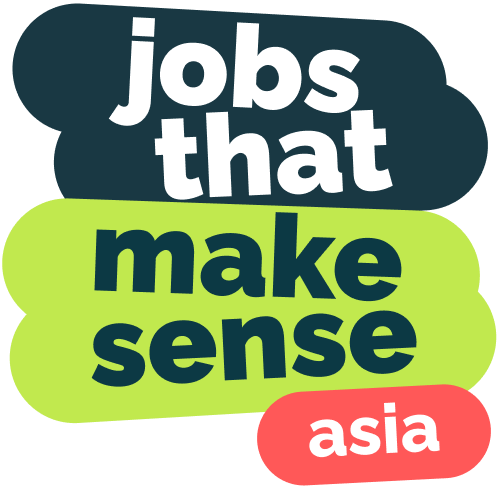Ultimate guide to green jobs in Southeast Asia
Let’s be real—when we hear “green jobs,” it can feel a little abstract. What does it actually mean? Are these just jobs for scientists and engineers, or is there space for the rest of us? And why should we care, especially here in Southeast Asia?
Well, green jobs are for everyone—whether you’re into tech, community work, or project management. Southeast Asia is at a tipping point, and green jobs are key to the region’s future. Let’s break it down in a way that’s easy to understand and, most importantly, gives you a real idea of what’s out there.
What are green jobs in Southeast Asia?
Green jobs are those that help take care of our planet. They can be in traditional fields like construction and manufacturing—think sustainable building practices or eco-friendly factories—or in newer areas like renewable energy, waste management, and conservation. In Southeast Asia, green jobs are even more crucial.
With challenges like climate change, urban growth, and the shift toward sustainable development, these jobs are helping to build a future that’s not just about surviving—but thriving.
Why do green jobs matter in Southeast Asia?
1. We've got problems to solve
Southeast Asia is already feeling the effects of climate change. Think intense storms, floods, and rising sea levels. Just last year, Typhoon Gaemi dumped tons of rain, making floods in the Philippines even worse. And the reality is, extreme weather is becoming the norm in many parts of the region. Green jobs—whether it’s designing flood-resistant homes, creating early-warning systems, or managing reforestation projects—are helping communities cope with these changes.
2. The potential is huge
Here’s where it gets exciting: green jobs are actually a massive opportunity for Southeast Asia. According to the Asian Development Bank, investing in a green recovery could create $172 billion in opportunities each year and generate 30 million jobs by 2030. That’s not small change. This isn’t just about saving the environment; it’s about creating a vibrant, green economy that benefits everyone.
3. Green jobs are for everyone
A lot of people think green jobs are only for scientists or environmentalists. But the truth is, these jobs are accessible to almost anyone, no matter what your background is. A lot of green jobs—like those in renewable energy, sustainable construction, or green project management—don’t require a college degree. Plus, many programs help workers transition into green roles from other industries.
In Southeast Asia, a lot of these positions focus on building resilience, creating energy-efficient solutions, or even working on policies that help keep the environment safe. It’s a win-win, and these jobs are good for both people and the planet.
It’s a win-win, and these jobs are good for both people and the planet.
Where to find green jobs in Southeast Asia?
Okay, you’re on board. So, where do you start?
- Jobs that makesense Asia: Think of this platform as your buddy in the job search. It’s the best place to find green job opportunities across Southeast Asia, whether you’re looking for a technical role, a project management gig, or a community-focused position.
- Local job boards: Platforms like MyFutureJobs and LinkedIn often post green roles too—just search for keywords like “green jobs” or “sustainability.”
- Networking: Join sustainability events, connect on LinkedIn, or look for green-focused conferences happening in your country.
Pro tip: Don’t limit yourself to just technical roles. Positions like project manager, community manager, and fundraising officer are in high demand in the green sector as well.
Green jobs aren’t just about being a part of a trend—they’re part of a bigger movement toward a more sustainable, resilient future. Whether you're interested in helping the environment, working with people, or driving change in your community, there’s a green job for you.

